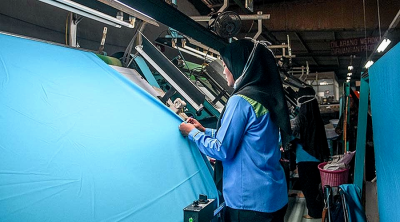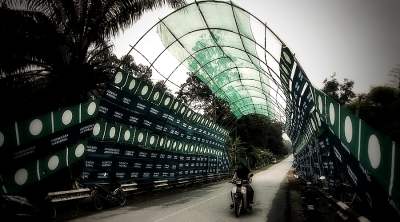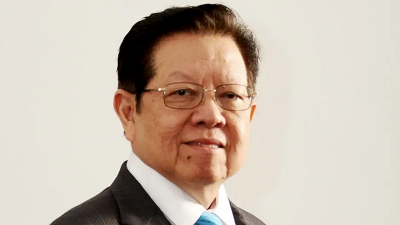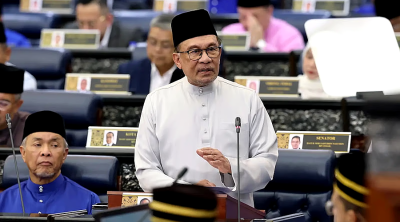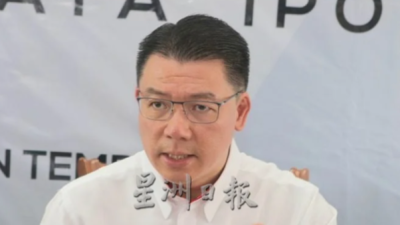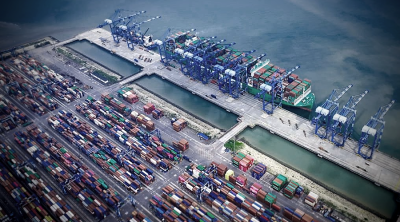Learning from the Indonesian experience is where the true significance of PM Anwar’s visit lies!
Sunday afternoon, Prime Minister Datuk Seri Anwar Ibrahim set off for his maiden two-day official visit to Indonesia, with a meeting with Indonesia’s President Joko Widodo on Monday.
Jokowi was the first foreign leader to have called Anwar after he was installed as Malaysia’s tenth prime minister.
Anwar said Indonesia has always been a great friend and partner of Malaysia and he said he valued the bilateral relationship between our two countries.
Privately, Anwar confided that Indonesia still treated him as a good friend even when he was down, and as such he had chosen Indonesia as the first country he would visit after becoming PM.
After meeting Jokowi on Monday, Anwar reiterated that Malaysia treasured the “very special” diplomatic relationship with Jakarta. He admitted that indeed there were problems with the foreign worker issue, including the caning of foreign workers in Malaysia, which had hurt the feelings of the government and people of both countries.
Anwar said caning had already been abolished in 2020 and was indeed inhuman and could potentially affect bilateral relationship.
He pledged that Malaysia would do its utmost to protect the welfare and human rights of migrant workers.
Anwar also stressed that Malaysia would support the Indonesian government’s Nusantara investment project because the relocation of Indonesia’s capital would also have spillover effects on the development in Sabah and Sarawak.
On Sunday, the PM witnessed the signing of an MoU between ten Malaysian companies and their Indonesian counterparts for RM1.66 billion worth of joint ventures, marking Malaysia’s official participation in Indonesia’s Nusantara new capital development.
Works on the new city located in East Kalimantan started last July and the new capital is slated for inauguration on August 17, 2024 on Indonesia’s national day.
Time is running short, and the successful relocation of the republic’s capital will be seen as a major accomplishment of President Jokowi.
Two decades ago, Malaysia successfully completed the US$8.1 billion Putrajaya project. The entire project encompasses physical buildings, an airport, new roads and bridges, utility and telecommunication infrastructure, hospitals as well as civic amenities.
As such, with proven track record in the relocation of our administrative capital, Malaysia is duly qualified and should take the initiative to participate in this landmark project of Indonesia, as a means to reinforce bilateral relationship.
Anwar’s meeting with Jokowi on Monday focused not only on the issue of Indonesian workers in Malaysia, but also Indonesia’s capital relocation program, bilateral collaboration, concerted effort in tackling regional and global challenges as well as the issue of land and sea borders, among other things.
It is utterly essential for both countries to step up bilateral cooperation in politico-economic and diplomatic relations, given our close relationship in geographical location, trade, history and culture. Interdependence between both countries will only grow stronger in future.
Bilateral trade between Malaysia and Indonesia topped RM120.26 billion during the first 11 months of 2022, making Indonesia our sixth largest trading partner globally, and second in Asean. By comparison, bilateral trade stood at RM95.1 billion for the whole of 2021.
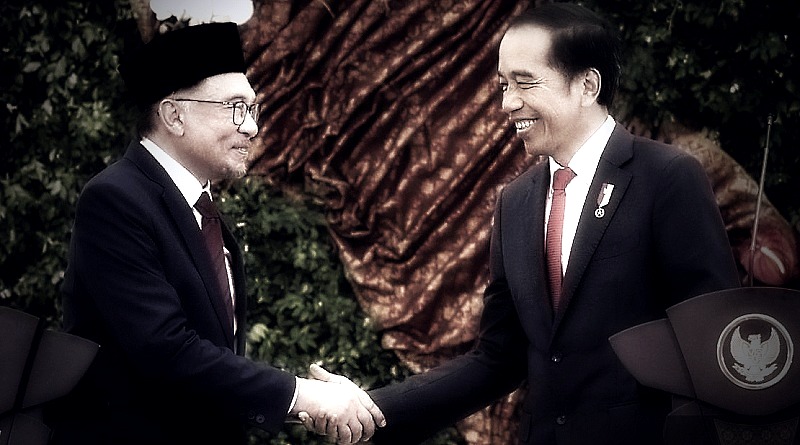
Indonesia is the fourth most populous nation in the world at 275 million. The country boasts more than 1,300 public and private universities and a per capita GDP of US$4,690 (approximately 42% of Malaysia’s).
The above figures show that Indonesia indeed has abundant and relatively cheap workforce, making it much more attractive than us in luring foreign investments. In view of this, both countries are actually competing against each other where wooing foreign investments is concerned.
Ever since Jokowi first took office as Indonesian president in 2014, he has embarked on a series of ambitious programs to lure foreign investments.
On the sidelines of the US-Asean summit in Washington DC last May, Jokowi personally visited Elon Musk, offering lucrative conditions to try to get the Tesla boss to set up an EV and battery factory in his country.
Indonesia holds about 25% of the world’s nickel reserves, and is currently one of the world’s largest EV battery producers.
Jokowi said last August that Indonesia wants to create an enormous EV ecosystem, not just the batteries. “We won’t be just a raw material supplier (battery) or spare part manufacturer in the global EV supply chain!”
Other than Tesla, automakers such as Ford, Hyundai, Toyota and Suzuki all have plans to invest in Indonesia because the country has an abundance of nickel needed for EV batteries.
We are well aware that EVs will eventually displaced the existing fuel vehicles by 2030, but the reality is, it is hard for Malaysia to compete with Indonesia for this enormous market.
After Jokowi was re-elected, he has actively launched infrastructure construction projects and the development of remote rural areas, improve the country’s manufacturing industry structure, export competitiveness and optimize the legal system and business environment in a bid to woo investors.
Indonesia stands a good chance to rise as a major world power within the next decade, if it manages to contain corruption, enhance administrative efficiency, optimize human resource quality and reinforce its industrial framework. Malaysia is set to face a major crisis if we fail to work with Indonesia.
It was a wise move for Anwar Ibrahim to make Indonesia his first destination after being appointed the country’s prime minister.
We have wasted far too much time as a result of power struggle over the last few years. We are only concerned about taking in Indonesian workers to address our acute labor shortage problem, without realizing that after Indonesia has reached a certain stage of development, this problem will not be relevant any more!
In view of this, it is imperative that the Malaysian government assist local businesses in fortifying their R&D and innovation capabilities in a bid to strengthen their core competitiveness.
If we fail to do this, Indonesia will catch up with us in no time.
Learning from the Indonesian experience is where the true significance of PM Anwar’s visit lies!
ADVERTISEMENT
ADVERTISEMENT






